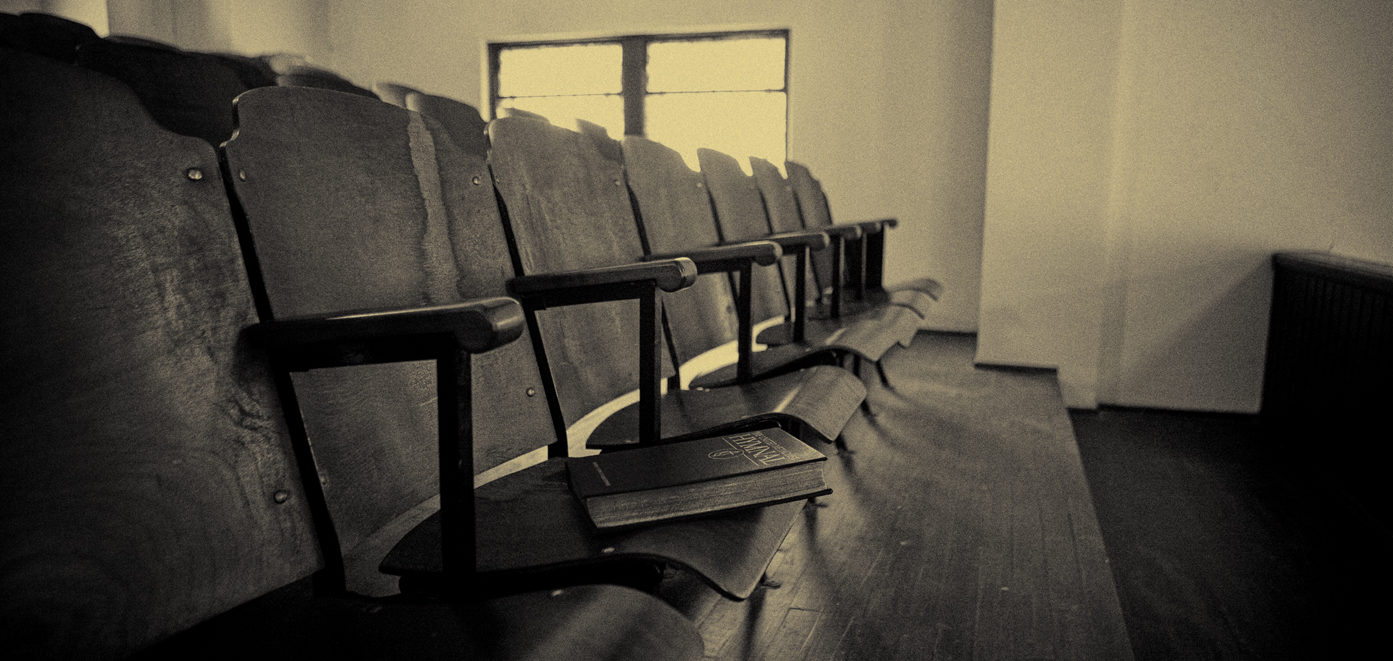We had caught the drop on them . . . [but then] . . . the earth just seemed to open up and take that line
Captain John H. Thorp (sometimes spelled Thorpe) of Rocky Mount wrote a summary of the actions of the 47th North Carolina Regiment.
At one point, the outfit was running from training to chasing the enemy without much traditional engagement. Thorp wrote that the 47th hadn’t yet been granted the “boon” of war.
They got it and much more at Gettysburg, which took place July 1-3, 1863.
(Bonus Note: It has largely been revealed that Confederates were in Gettysburg looking shoes was a myth).
Here is an excerpt from my book, Galvanized: The Odyssey of a Reluctant Carolina Confederate about Pickett’s Charge on the third day. It is less than glorious.
“Company A and the rest of the Forty-Seventh were part of the first charge and were met with a furious storm of shell and canister as well as the rifle fire of two army corps. After the first artillery round gashed the lines, the ranks were closed. The men were quiet as they delivered steady fire, when suddenly they broke into rebel yells as they closed on the first Union line. A frantic struggle ensued, and the line yielded into the second, which was quickly broken by the North Carolinians.
Capt. John D. S. Cooke of the Eightieth New York later described the advance of the Forty-Seventh this way:
‘From the forest in front appeared a long brown line of the enemy’s infantry. In poetry and romance the Confederate uniform is gray. In actual service it was a butternut brown, and on those fellows who faced us at short range was, owing to their long campaign, as dirty, disreputable and unromantic as can well be imagined.
They exhibited no more of “the pomp and circumstance of glorious war” than so many railroad section hands. But they could shoot all right and they stood out there in line in the open field and poured in a rapid fire of musketry they gave us no time to criticize their appearance.’
The sun was blistering those on the battlefield, and men were so hot and soaked with sweat in their wool uniforms that they were having trouble ramming down cartridges and handling powder. They had so much trouble with the slick ramrods that “all expedients were resorted to,” and many of them jabbed the rods against the ground and rocks strewn across the field, desperate to reload, the survival instinct pushing a frantic pace. They sought targets through the hazy smoke. The infantrymen lost sight of additional Union troops as they pressed across fields of wheat that headed at “breast high.”
Suddenly men in blue rose out of the wheat, less than half a football field away, as if they’d been awakened from a deep sleep, surprised. Thorp described the scene, as the Yankees returned fire:
“When suddenly a third line of the enemy arose forty yards in front as if by magic, and leveled their shining line of gun barrels on the wheat heads. Though taken by surprise the roar of our guns sounded along our whole line. We had caught the drop on them . . . [but then] . . . the earth just seemed to open up and take that line, which five minutes ago was so perfect.”


My wife and I visited the Gettysburg battlefield a few years ago. It is one thing to read about Pickett’s Charge and another to see the lay of the land. A mile of open ground with nothing to hide behind. Had I been in the ranks, I think I probably would have fainted at the prospect of it!
I agree and hope to get there soon. We were going this summer, but …
About 25 years ago I went to the Civil War funeral reenactment of my great great grandfather Thomas Page. He is buried in a small cemetery behind a church out in the country from Wilson. He was in the 47th and was present that day of Pickett’s Charge.
Wouldn’t it have been great to hear what he had to say? People really need to write down memories for future generations. I would have love to have found something written by Wright or one of his children.
I had numerous cousins in the 47th. I had two great Uncles to die in the 7th E Co but the 7th was also at Gettysburg my great great grandfather John V. Winborne. Wonder if anything is written by anyone from that outfit? My great grandfather Sgt Cephus Kemp was on picket duty in NC with the 24th when Gettysburg was happening.
You might check out “Lee’s Tar Heels” by Earl J. Hess. It is a great read and may have something.